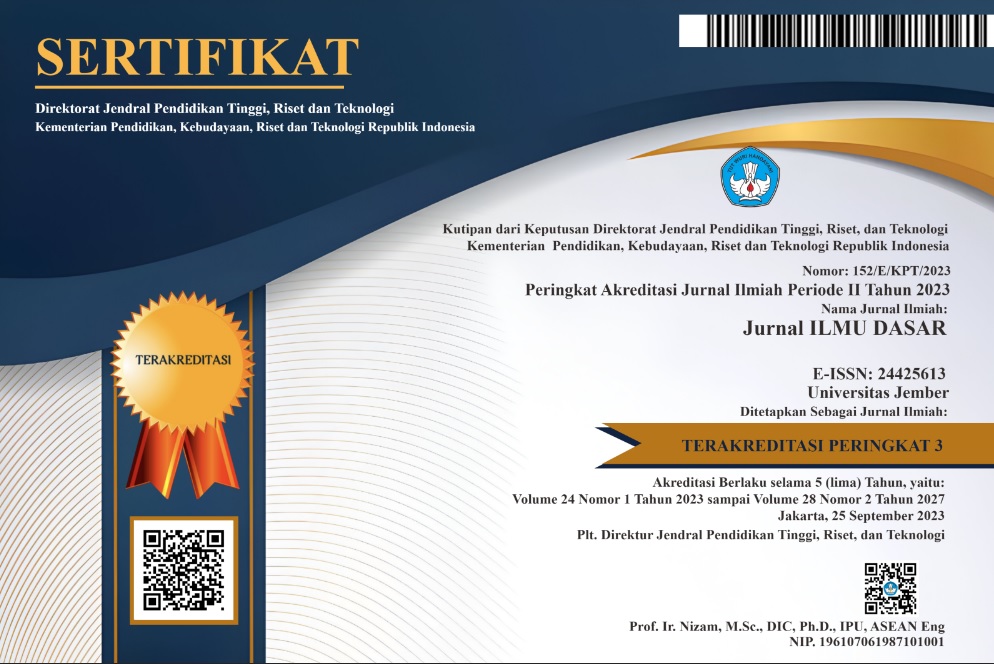The Robust Model Predictive Control Design for Linear Interconnected Systems
DOI:
https://doi.org/10.19184/jid.v24i2.36657Keywords:
Complex systems, model predictive control (MPC), robustness, cost function, gradientAbstract
In this paper, we discuss the design of robust model predictive control for linear interconnected systems by several constraints. Linear interconnected system is a complex systems which consist of several subsystems and the dynamic of subsystem is influenced by the states or outputs of the other subsystems. The systems are controlled by formulating and applying the model predictive control on each subsystems. We formulate the optimization problem that minimize the cost function for each subsystems. The optimization problem is solved by gradient method to get the minimum cost function. Numerical simulation was conducted to show the effectiveness and performance of robust model predictive control. Based on the results of the numerical simulation and test the robustness, it can be shown that the robust model predictive control is effective to control the linear interconnected systems.
Downloads
References
Bazaraa MS et al. 2006. Nonlinear Programming: Theory and Algorithms, 3 rd Edition. New Jersey: John Wiley and Sons.
Buchevats ZM & Gruyitch LT. 2022. Linear Discrete-Time Systems. Taylor and Francis Group. CRC Press.
Camacho E.F. & Bordons C. 2007. Model Predictive Control: Second Edition. London: Springer Verlag.
Dalhoumi et al. 2016. Model Based Predictive Control For Linear Interconnected Systems. Proceeding of the 13th International Multi-Conference on Systems, Signal, and Devices.
Maciejowski JM. 2000. Predictive Control with Constraint. USA: Prentice Hall.
Narayanan et al. 2018. Adaptive optimal distributed control of linear interconnected systems. Prosiding IEEE Symposium series on Computational Intelligence.
Ogata K. 1995. Discrete-Time Control System Second Edition. USA: Prentice Hall International








